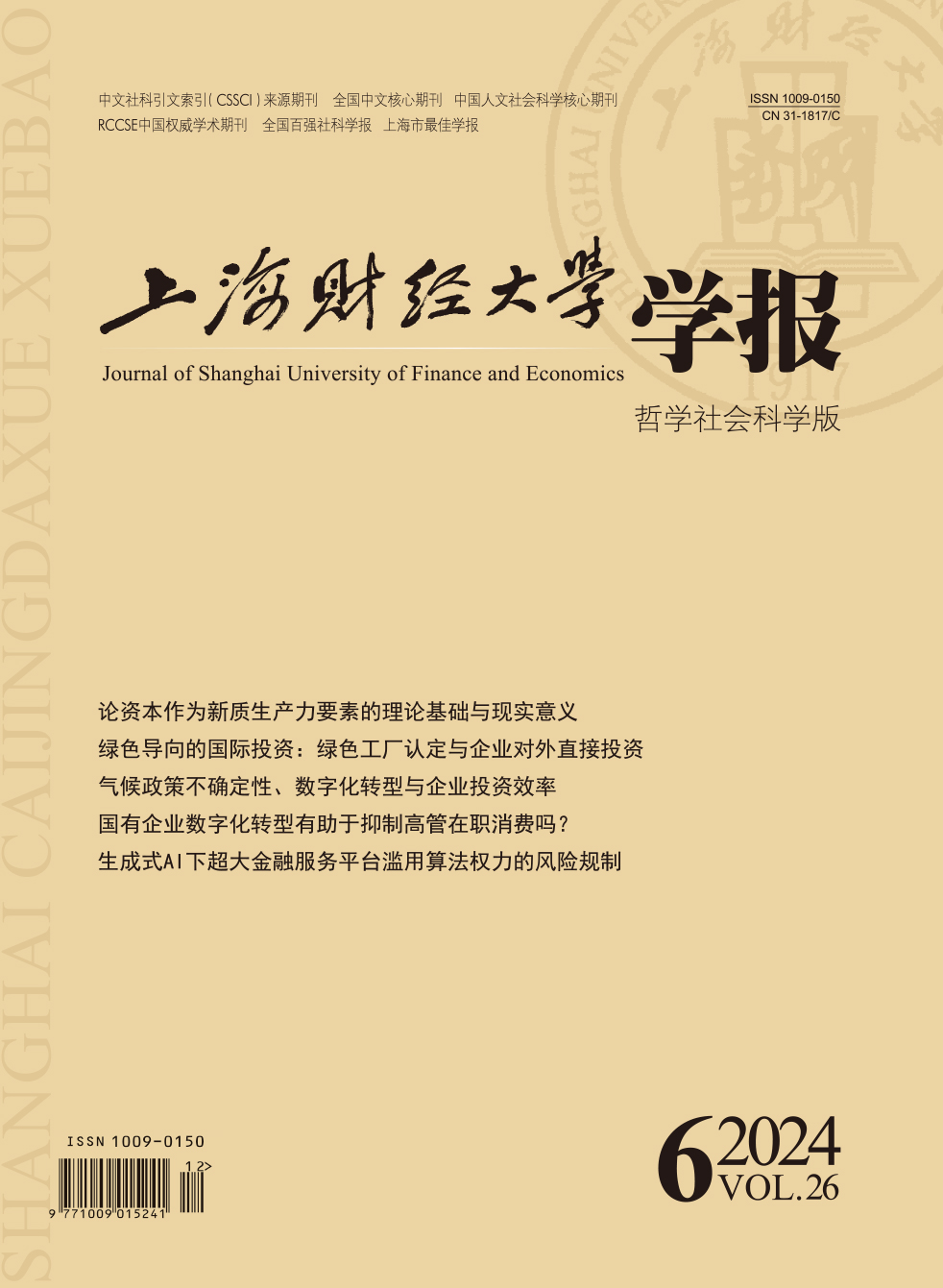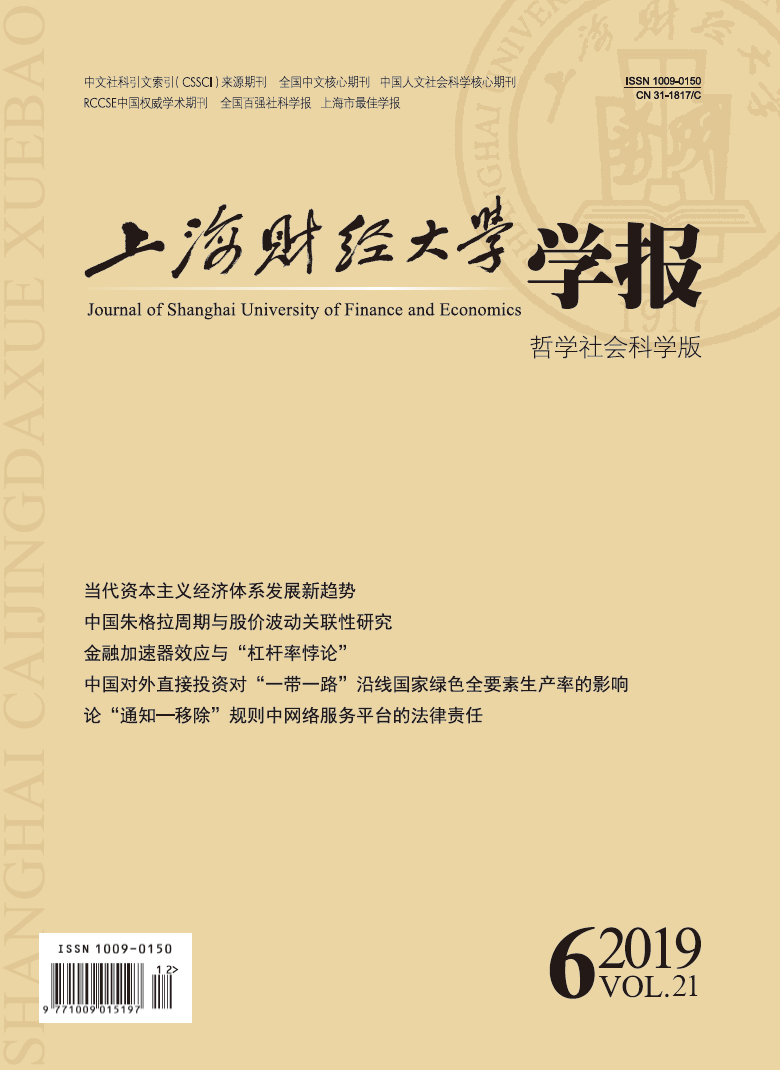The corporate trustee of the debenture system is based on the diversification and high liquidity of bondholders, in order to protect the legitimate rights and interests of bondholders and ensure the long-term healthy development of the bond market. However, the current system of our country still has obvious defects in the role positioning of the trustee and the corresponding system design. The most glaring problem is that the legal status of the bond trustee is unclear and there may be conflicts of interest in performing their duties. In terms of role localization, the theoretical circle in our country also approves that the legal relationship between the trustee, bondholders and the corporation has the characteristics of trust, but in the judicial practice, the case that the relationship between bondholders and the trustee is identified as the securities custody relationship still exists, which causes a degree of confusion, and the legal relationship between bond issuers, the trustee and bondholders is not really clear; In terms of the system design, the current bond trustee system design in China does not match the constraint mechanism and incentive mechanism, which is mainly reflected in the qualifications of the trustee, the procedures of appointment and removal of the trustee, the assumption of the trustee’s management expenses and the trustee’s remuneration. Because of the existence of these problems, although the trustee is called the " agent”, it is difficult to clear its role standard and boundary, and securities companies are also the underwriting institution and trustee in which conflicts of interest will be hidden, and it is difficult to have negotiation with bond issuers effectively on behalf of bondholders. If the underwriting institution is responsible for the bonds’ violation of laws and regulations, it is unable to pursue the responsibility for itself.
From the experience and lessons of American trust deed law and Japanese company law, the trustee of corporate bonds in China should be positioned as a special trustee in the legal relationship of trust and supervise the issuing company based on the fiduciary management agreement. At the same time, the extent to which the rights of bondholders are protected depends on the constraint mechanism and incentive mechanism faced by the trustee. The legal system of corporate bonds in our country should let the trustee of corporate bonds play a more active role, and we can try from the following several aspects: First, the set up of a trustee shall conform to the specific trigger condition, and for those bondholders are mainly institutional investors or only a small scale of issue bonds, there is no need to establish a trustee. Second, it is necessary to clearly define the connotation of the duty of diligence assumed by the trustee in the legislation, and clearly stipulate the civil liability assumed by the trustee in violation of the duty of diligence. On this basis, the trustee is restricted by expanding the power of bondholders to select and settle the trustee, and the trustee is encouraged by optimizing the compensation structure. Third, we should pay attention to the connection between the trustee system and the bondholder meeting system, further facilitate bond investors to exercise relevant rights at the bondholder meeting, and promote the trustee to supervise bond issuers more effectively. Fourth, the completeness of the fiduciary management agreement directly determines the performance of the trustee rights and obligations, so the legislation should improve the relevant provisions of the fiduciary management agreement as far as possible to determine the basis for the trustee to supervise the bond issuing company.





 3746
3746  4070
4070

